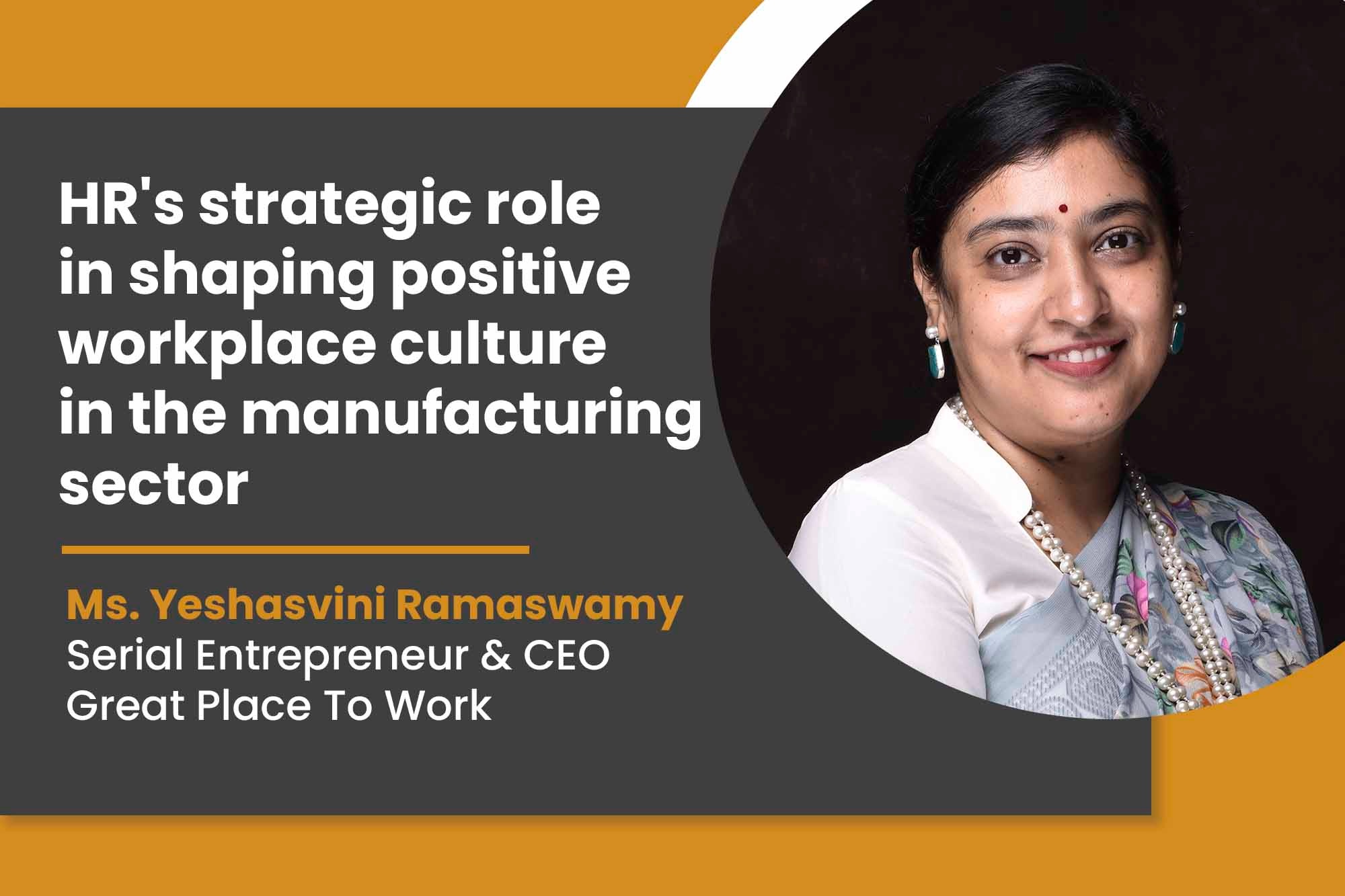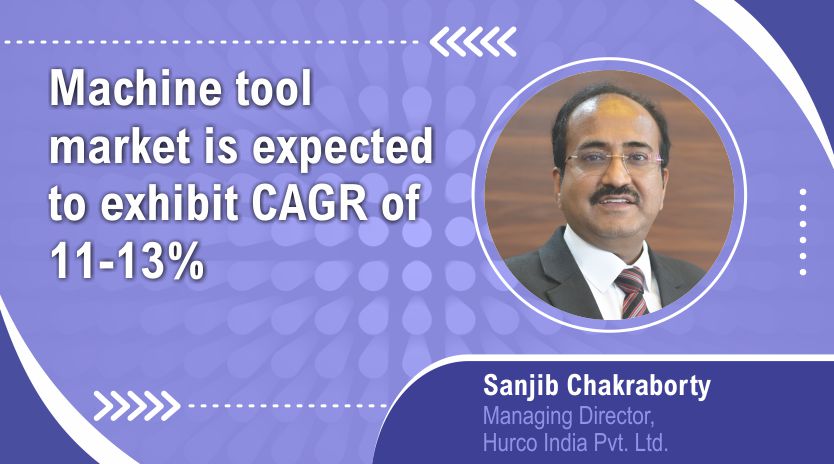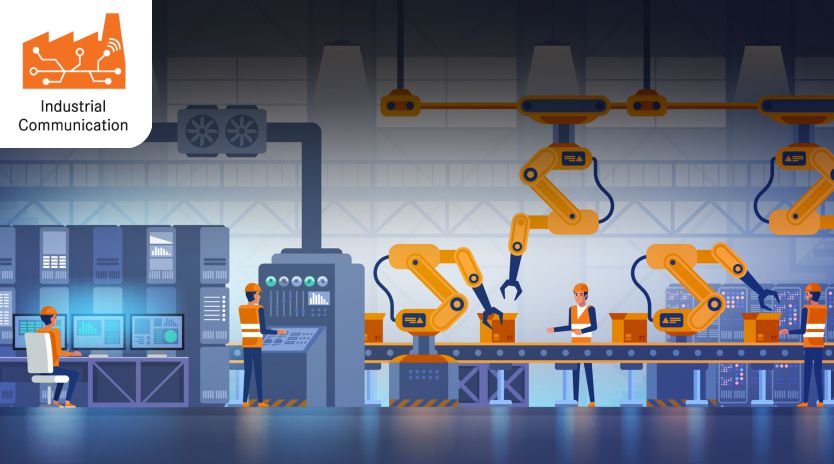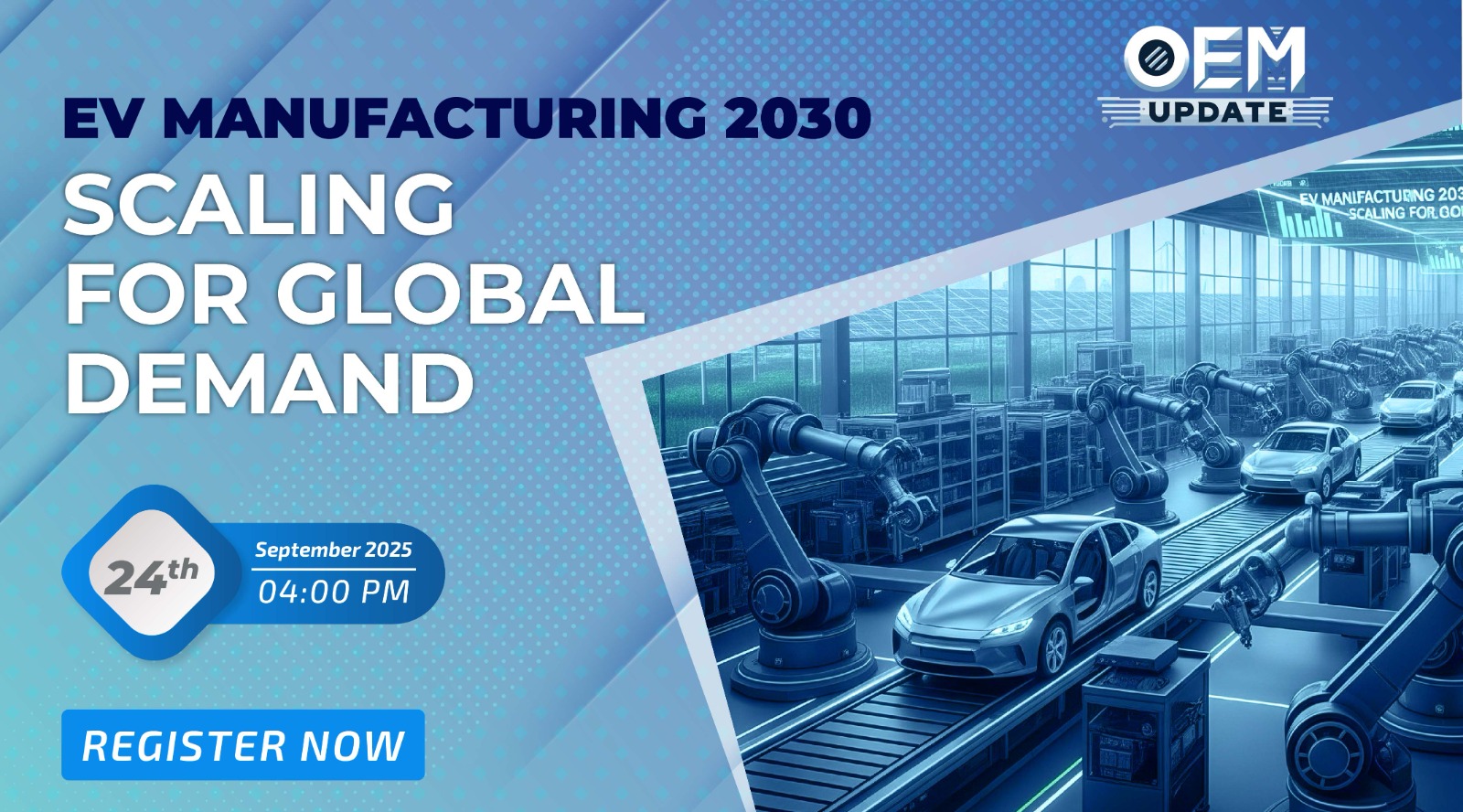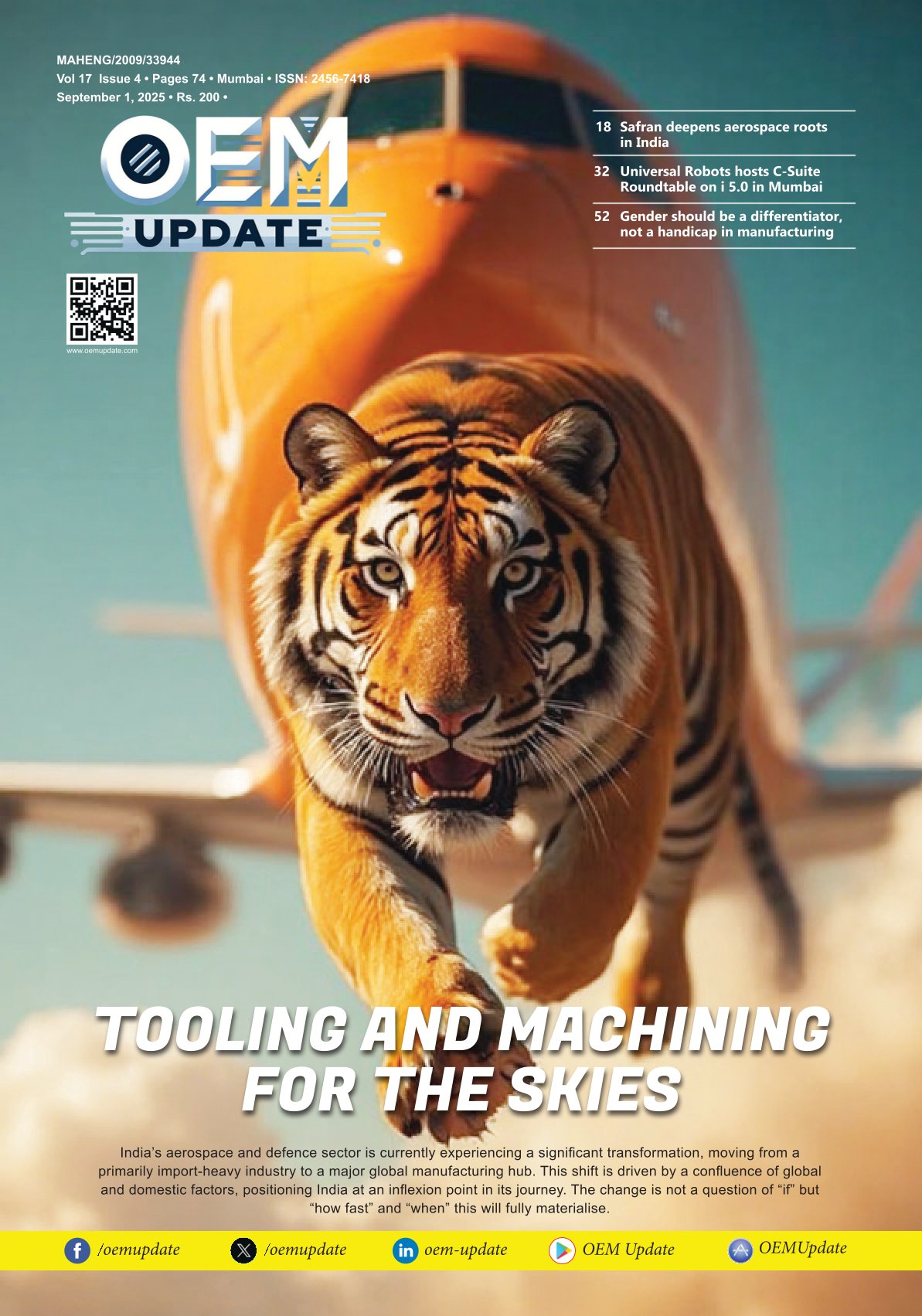Automation technologies to push Indian manufacturing to next phase of technological advancement
By OEM Update Editorial June 10, 2020 12:33 pm IST
Industry 4.0 is expected to transform manufacturing in India by bringing operational efficiencies to manufacturing industries like automotive, electrical and electronics, and aerospace.
Rajesh Nath, Managing Director, German Engineering Federation (VDMA) in an interaction with OEM Update, elaborates on the steps required for successful transformation of manufacturing companies towards Industry 4.0, and how manufacturing automation and smart factories together will bring unprecedented levels of speed and efficiency to businesses.
How has your company’s journey been in the adoption of smart factories?
In order to carry forward this transformational journey, VDMA established the Industry 4.0 Forum. Together with members, this forum coordinates with industry, research bodies, and policymakers in Germany and Europe on various aspects of implementation of Industry 4.0. I would like to share some of our landmark initiatives in the journey of Industry 4.0 in Germany.
VDMA together with Fraunhofer Institute has established guidelines based on the IEC Standard Open Platform Communications, Unified Architecture (OPC UA) for Industry 4.0. These guidelines show action steps that help to implement the Industry 4.0 communication in the organisation and are based on standardised and consistent exchange of information across all layers of automation systems. Further, it developed guidelines for Industry 4.0, sensors, data protection, and security to help Small and Medium Enterprises (SMEs) in digital transformation. We also prepared an online self-check toolbox to determine the Industry 4.0 maturity of the member companies. More than 18,000 companies participated in the test since 2015. VDMA also prepared an online cost-benefit calculator for its members.
What kind of steps do companies, including MSMEs, need to take for the adoption of smart factories?
India’s SME sector has been one of the primary drivers of its economy. SMEs account for 45 percent of India’s total manufacturing output and employ around 40 percent of its workforce.
The Industry 4.0 vision stretches beyond technologies and looks at the end-to-end chain, including, for instance, warehousing, logistics, recycling, energy, workers, security, and transportation. Industry 4.0 is not only a topic for large-scale industry, but must also be feasible for small and medium-sized companies as well.
Bringing together manufacturing automation and smart factories will bring unprecedented levels of efficiency and speed to a business. Industry 4.0 can be a game changer for the SME and MSME sector. Applications within Industry 4.0 like remote monitoring or predictive maintenance can really help companies to reduce costs of their own production by avoiding breakdown of machines. Also, an increase in sales can be achieved through the enhanced usefulness and value of their own products.We think from our experience that the steps required to ensure a successful transformation of manufacturers towards Industry 4.0 are to check the readiness level of the manufacturer followed by transparency in responsibility, right technology selection, robust process integration, and effective change management.
How have machine learning (ML), artificial intelligence (AI), robotics, automation and big data been implemented by OEMs to move towards a Connected Enterprise?
A combination of cyber-physical systems, the Internet of Things and the Internet of Systems make Industry 4.0 possible and the smart factory a reality. As a result of the support of smart machines that keep getting smarter as they get access to more data, our factories will become more efficient and productive and less wasteful. Ultimately, it’s the network of these machines that are digitally connected with one another and create and share information that results in the true power of Industry 4.0.
Since connected machines collect a tremendous volume of data that can inform maintenance, performance and other issues, as well as analyse that data to identify patterns and insights that would be impossible for a human to do in a reasonable time frame, Industry 4.0 offers the opportunity for manufacturers to optimise their operations quickly and efficiently by knowing what needs attention. And these are features how Industry 4.0 can help and support organisations — large or SME or MSMEs.
What are the challenges faced by OEMs while transitioning towards smart factories?
Challenges can be broadly classified into two parts: adaptation and implementation challenges. Key issues like uncertainty in capex requirement and ROI availability, limited cybersecurity infrastructure, information storage infrastructure, and fear of failure come under the adaptation challenges. On the other side, issues in integration of new and old technologies, customised data selection for decision making, best fit economical solution, and lack of skill sets to operate and support new system are some of the issues which we identified as challenges from the implementation side.
What kind of technological advancements can we expect with respect to smart manufacturing in the coming years?
Industry 4.0 is expected to transform manufacturing in India by bringing operational efficiencies to manufacturing industries like automotive, electrical and electronics, and aerospace. The major area of focus shall be the technological advancement across various industries. Industrial Internet of Things (IIoT), 3D printing, 3D sensors, social software, augmented reality, and location awareness are considered to usher in the next era of smart production. These automation technologies collectively are moving the manufacturing industry in India towards the next phase of technological advancement, and Germany has a vital role to play in it.
Cookie Consent
We use cookies to personalize your experience. By continuing to visit this website you agree to our Terms & Conditions, Privacy Policy and Cookie Policy.




